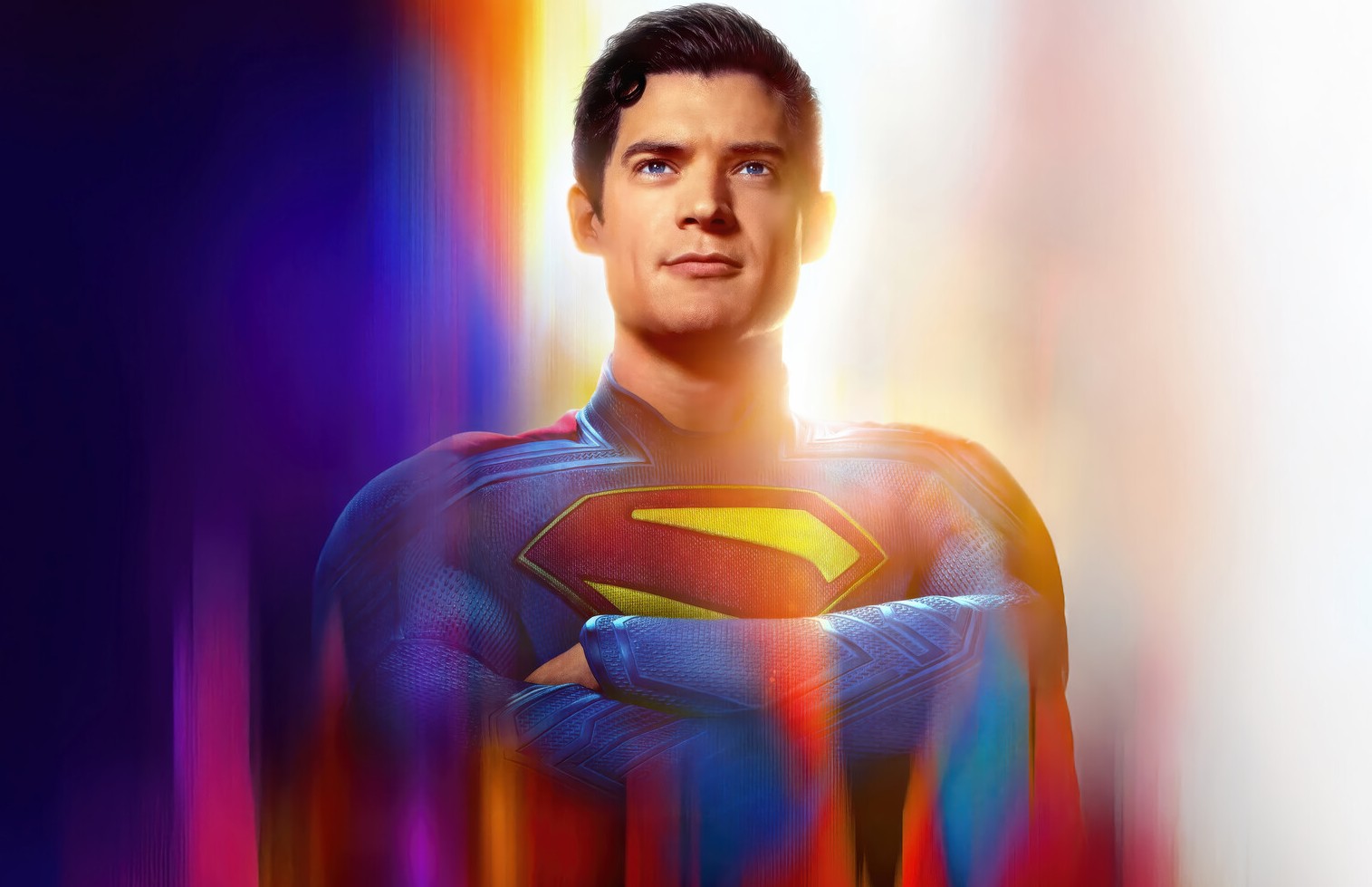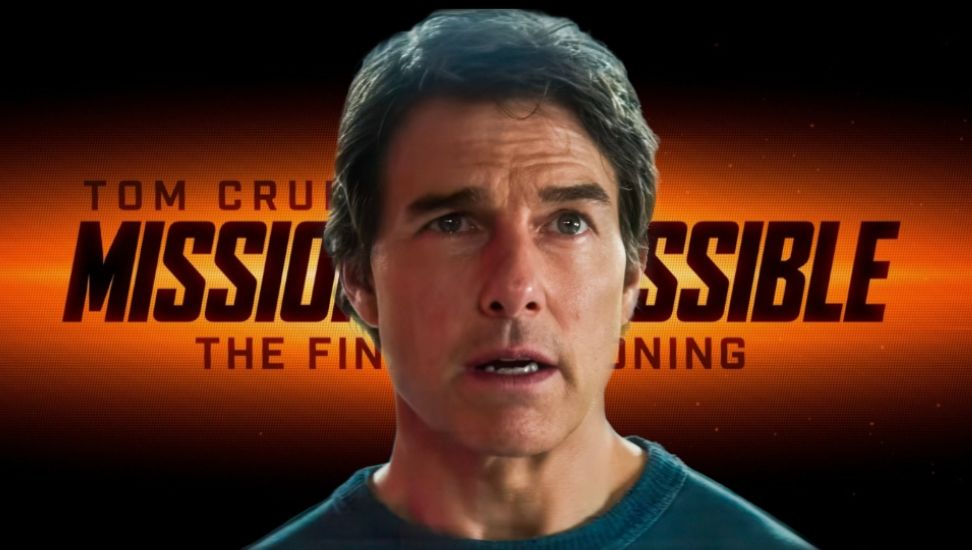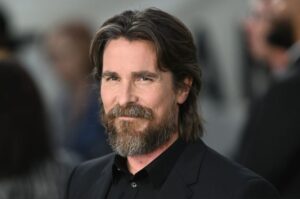Superman Box Office Soars Past $217M, Silencing Critics and Sparking Debate on Fan Bias. The debate is over. The numbers are in. While the internet has been a battleground of fierce opinion and critical division, James Gunn’s Superman has delivered an undeniable verdict at the global box office, flying to a stunning $217 million worldwide debut. This monumental success not only establishes a powerful foundation for the new DCU but also raises compelling questions about the disconnect between critical reception and audience appetite.
The financial results have been nothing short of spectacular. According to a detailed report from Deadline, the Man of Steel’s relaunch secured a massive 242.7 million from international markets. To put this achievement into perspective, this opening comfortably soars past the $116.6 million domestic debut of 2013’s Man of Steel, the very film that has served as the benchmark for a vocal portion of the fanbase.
This launch now stands as the second-biggest opening of James Gunn’s celebrated career, narrowly behind Guardians of the Galaxy Vol. 2. With such a powerful start, industry analysts project that Superman is on a clear trajectory to become the highest-grossing standalone Superman film in cinematic history, a feat that even our team at Screen Hollywood finds surprising given the film’s narrative flaws, which we noted in our spoiler-free review.
A Critical Disconnect: Are Reviewers Judging with Bias?
This box office triumph creates a fascinating dichotomy when placed against the film’s critical narrative. Many reviews leading up to and following the release were aggressively negative, pointing to chaotic pacing and underdeveloped characters. The critical consensus on sites like Rotten Tomatoes paints a picture of a divisive film. Yet, the audience has voted with their wallets in record numbers.
This begs the question: how much of the negative critique was an impartial assessment of the film itself, and how much was colored by a lingering loyalty to the previous iteration of the DC universe? It seems impossible to ignore the conclusion that many went into their screenings with a pre-formed opinion, ready to judge James Gunn’s vision not on its own terms, but against the ghost of Zack Snyder’s darker, more brooding cinematic universe.
When a review becomes a direct comparison rather than a standalone analysis, its integrity is compromised. It shifts from objective critique to subjective preference, fueled by an emotional connection to a prior work. It appears the general audience, however, was either unswayed by this narrative or was simply ready for the change that Gunn’s film promised. The result is a decisive financial victory that suggests the Gunn loyalists and the neutral moviegoer are having the last laugh.
A New Perspective: We Shouldn’t Be Comparing These Films
After letting the film and its explosive reception settle, a new perspective has emerged here at Screen Hollywood: it’s time to stop comparing James Gunn’s Superman to Zack Snyder’s Man of Steel.
Before dismissing this as a cop-out, consider the fundamental difference in their cinematic thesis. Zack Snyder’s film was an intentional deconstruction of a myth. It was a mature, somber, and philosophically dense film aimed at an older audience. Its themes of alienation, the burden of power, and a god wrestling with his place among mortals were reflected in every frame. The desaturated color palette and muted tones of Superman’s suit were deliberate choices to create a grim, serious mood, a style often analyzed by industry publications like Variety. It was a film that asked audiences to contemplate Superman.
James Gunn’s Superman, in stark contrast, asks audiences to celebrate him. It is a vibrant, colorful, and sincere anthem of hope. Leading man David Corenswet, whose full filmography can be viewed on IMDb, embodies a hero of earnest conviction. The film’s brighter aesthetic, punchier pace, and focus on truth and justice are designed to appeal to the broadest possible audience, including a younger demographic that may have found Snyder’s vision too intimidating or somber.
One film is a brooding symphony; the other is a rock-and-roll spectacle. One was built for an audience craving gravitas, while the other was built for an audience starving for inspiration. To judge one by the creative standards of the other is a fundamentally flawed exercise.
The unprecedented box office success of Superman is proof that a massive segment of the global audience was not only ready for this tonal shift but actively desired it. Despite its narrative imperfections, the film’s core message of hopeful heroism has clearly resonated. This victory doesn’t erase the artistic merits of past films, but it does validate the new direction of the DCU and solidifies James Gunn’s vision as a financially viable, and perhaps even preferred, path forward.






























